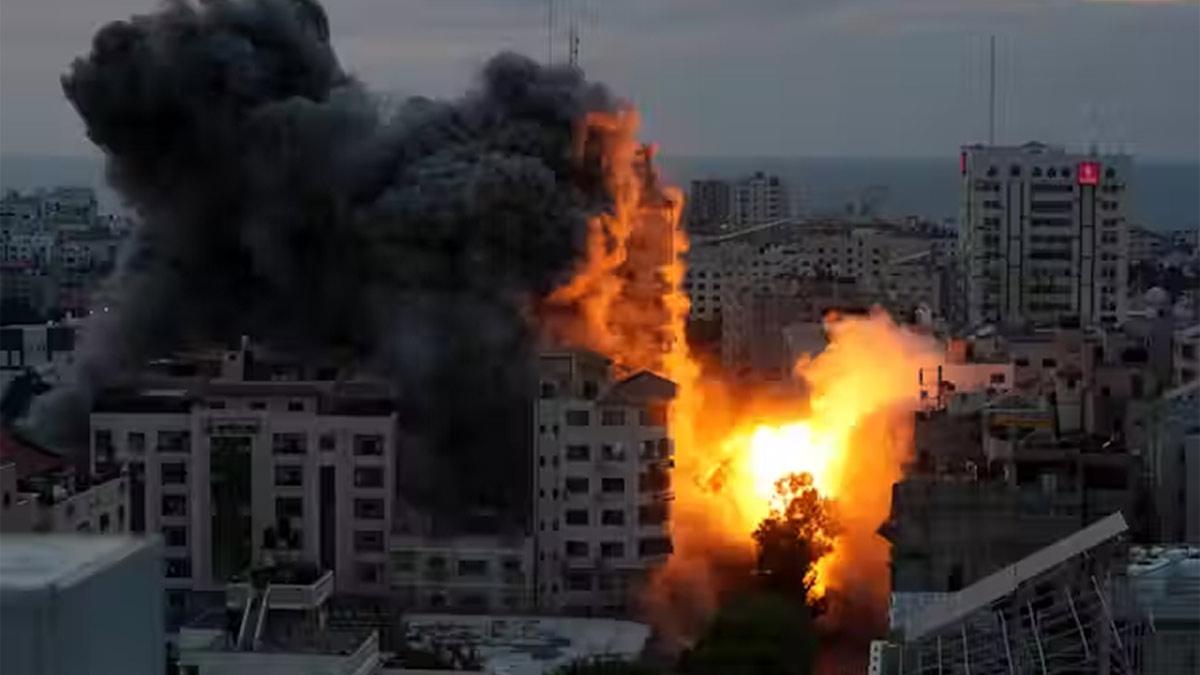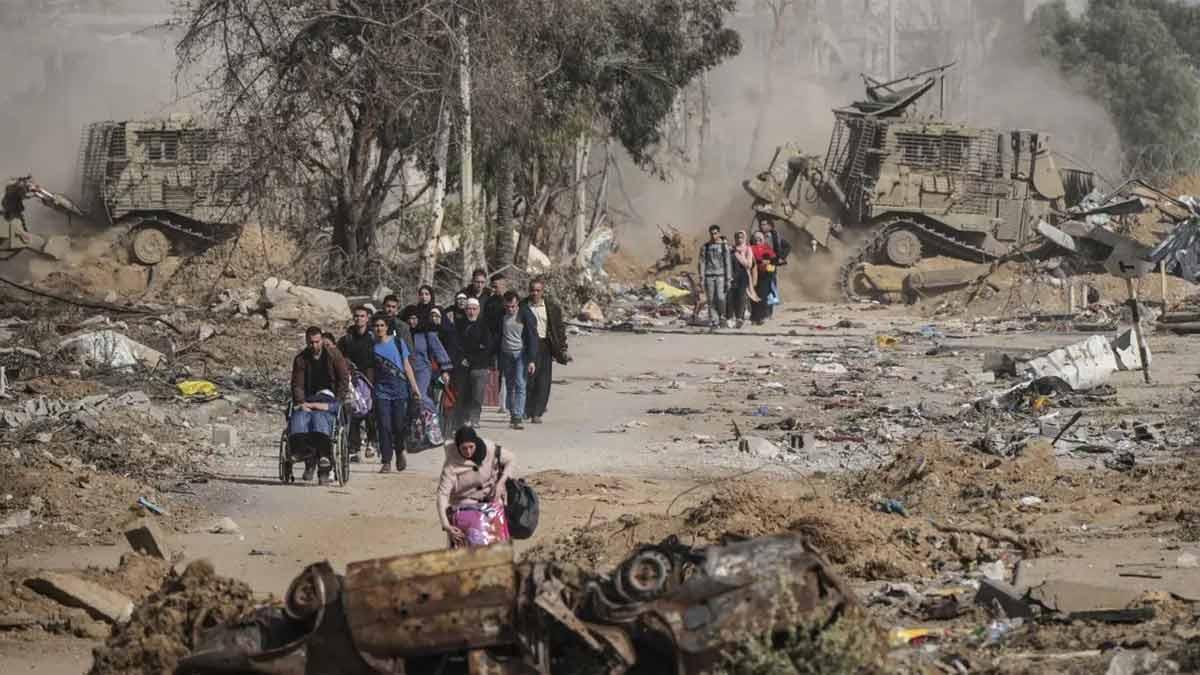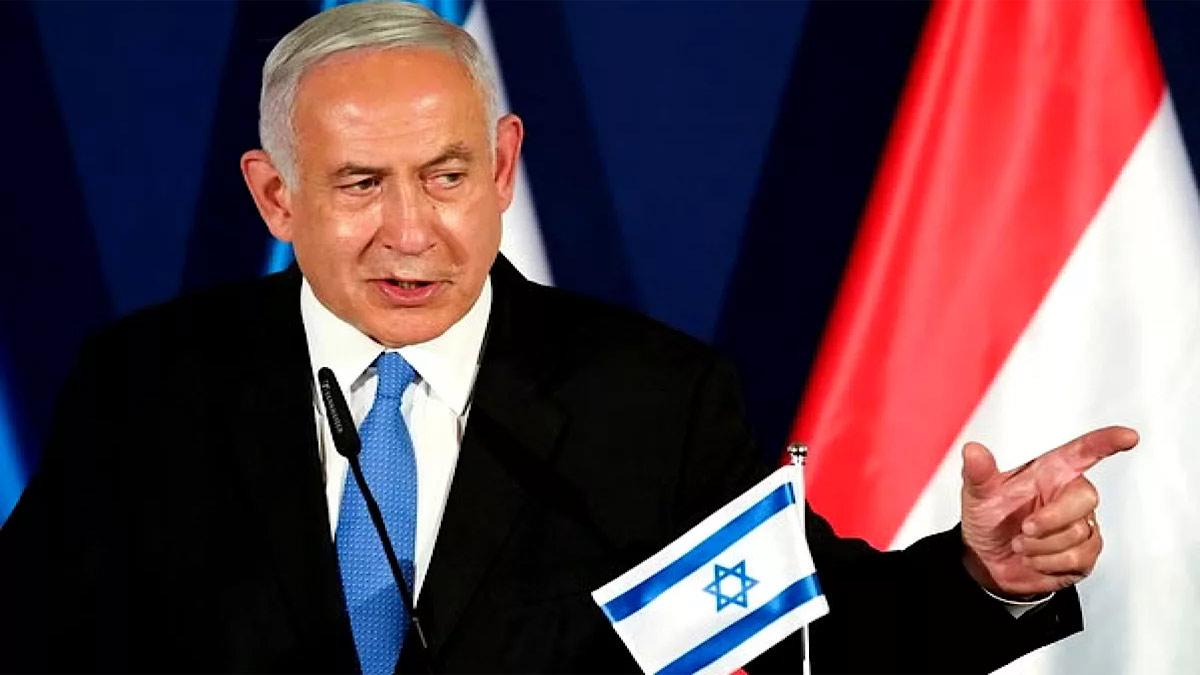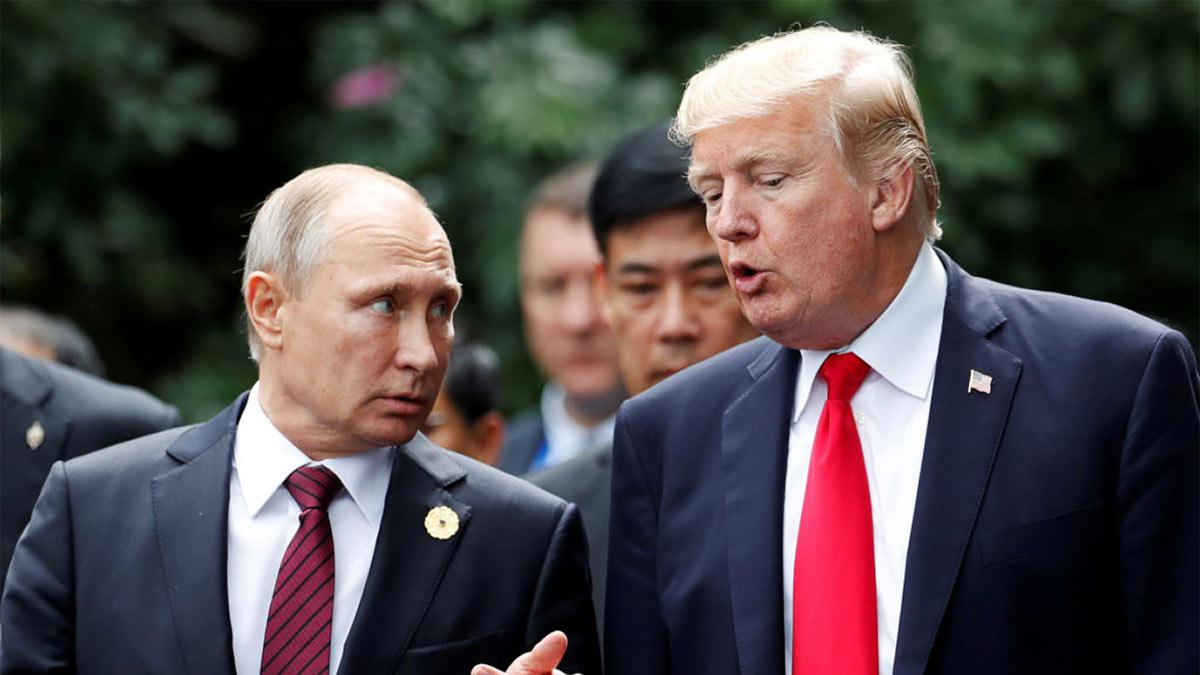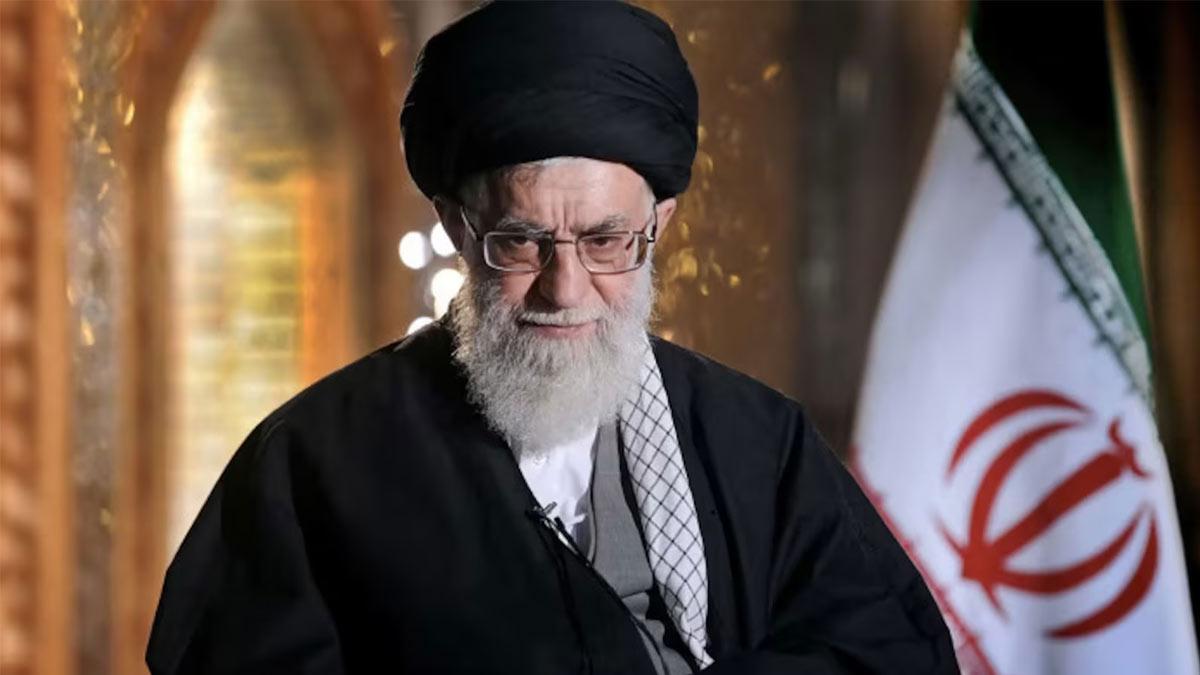In a statement that sharpened the conflict, Iran launched a ballistic missile carrying cluster munitions into central Israel on Thursday—something never before done during the eight-day-old confrontation, Israeli officials said.
The weapon, set to burst and scatter several explosive bomblets, distributed its payload over areas of significant urban settlement in an attempt to maximize casualties and damage to infrastructure.
"Today, the Iranian Armed Forces launched a missile that carried cluster submunitions at a heavily populated civilian zone in Israel," an official Israeli embassy statement in Washington, as provided to Reuters, stated.
The missile strike took place amidst renewed Iran-Israel missile fire on Friday. Israel media reported that the missile detonated at around 7 kilometers high, dispersing about 20 bomblets over an 8-kilometer radius in central Israel. Iran has not released a formal statement regarding such claims. [Follow the Iran-Israel conflict live.]
Meanwhile, Israeli officials confirmed the recovery of a woman's body from the ruins of a building once hit by an Iranian missile, pushing Israel's total death toll to 25 since the war started, as per AFP.
Iran, for its part, has so far reported at least 224 deaths that were caused by Israeli airstrikes, comprising military commanders, nuclear researchers, and civilians. The Iranian government has not announced an updated casualty count since Sunday.
An effort to contain the escalating crisis is currently underway. This Friday, European diplomats will sit down with Iranian Foreign Minister Abbas Araghchi in Geneva for a desperation move to avert further escalation. Foreign ministers of France, Germany, the United Kingdom, and the European Union have jointly called on both sides to seek diplomatic avenues and not seek further conflict.
British Foreign Secretary David Lammy pointed out the slim window for diplomacy when he said, "a window. to secure a diplomatic solution."
In the United Nations, the Security Council is getting ready for a second emergency session on the issue after a session called at Iran's request, backed by Russia, China, and Pakistan, diplomatic sources reported.
In Washington, U.S. President Donald Trump indicated that a decision would be taken "within the next two weeks" on whether to back Israeli military action.
"There is still a good chance of a negotiated solution to this," Trump said in an interview with AFP. The Wall Street Journal added that despite having approved initial plans for strikes, Trump is keeping an eye on Tehran's response to its nuclear program before making further progress.
Russia, in turn, warned that the "would be a risky move" if the U.S. were to directly engage militarily. At the same time, Iran-backed Iraqi militias threatened reprisal if the U.S. increases its activities in the war.
Satellite imagery released Thursday indicated several U.S. military planes being relocated from an airbase in Qatar, indicating increased alertness.
New Intelligence Chief Appointed Amid Turmoil in Tehran
In a rapid leadership overhaul, Iran promoted Brigadier General Majid Khadami as the new intelligence chief of the Islamic Revolutionary Guards' intelligence unit, a state-run IRNA report said. The appointment comes in the wake of former intelligence chief Mohammed Kazemi being killed by an Israeli air raid also claiming the lives of commanders Hassan Mohaghegh and Mohsen Bagheri.
After a missile attack hit Soroka Hospital in Beersheba, Israeli Prime Minister Benjamin Netanyahu promised retaliation, stating that Iran would pay a "heavy price."
The hospital that holds around 1,000 patients was set ablaze after the attack. Its director, Shlomi Codish, said 40 individuals were injured during the incident.
Iran, however, denied deliberately targeting the hospital. Officials claimed that the intended objective was a nearby Israeli military and intelligence complex.
As a counter-measure, Israel carried out a string of overnight strikes against Iranian nuclear facilities, including a retired nuclear reactor at Arak and a uranium enrichment plant at Natanz. According to a military spokesman, the aim was to "keep the reactor from being rebuilt," indicating a possible shift in targeting policy to Tehran's nuclear program.
Read also| Watch| Pak Deputy PM's Shocking Claim: 'We Requested Ceasefire During Operation Sindoor'
Read also| White House: Trump Poised to Make Iran Decision Within 14 Days

